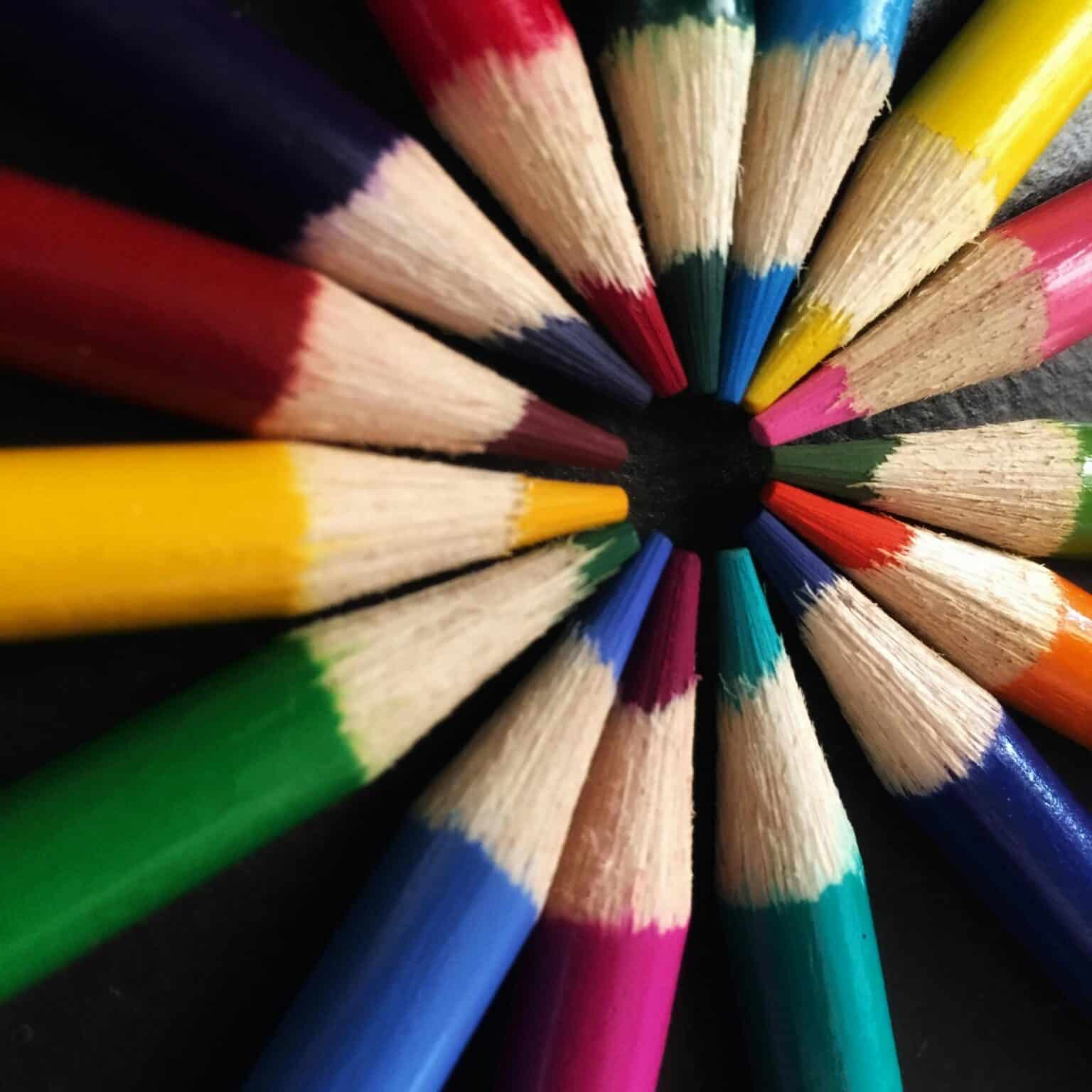It truly takes a village to raise a child; nowhere is that old adage more relevant than when your child goes to school, and it’s even more so if your child has hearing loss. As you prepare for a new school year, it’s a great idea to get to know your child’s teachers, nurses, coaches and any other faculty members they may see on a daily basis, in order to strengthen your village’s abilities. Take this opportunity to educate your child’s teachers on their hearing loss and touch base on any extra accommodations or aids your child may need.

What Does My Child’s Teacher Need to Know About Hearing Loss?
You can discuss several things with the teacher before the school year so they can most effectively support your child. Some examples include:
- An overview of your child’s hearing loss. What can they hear well? What can they not hear well? If their hearing loss is in one ear, which side is their “good side?”
- Tutorial of hearing device(s). Make a copy of the manual for the teacher to keep. This is especially useful if the teacher needs to troubleshoot any issues.
- Provide contact information for your child’s hearing health team.
- Find out if the school has an educational audiologist and connect your teacher to them. An educational audiologist can make suggestions on classroom set-up, educate on hearing technologies like audio distribution systems or loop systems, and arrange trainings on hearing loss for the teacher and any other faculty.
What Accommodations Can I Request for My Child?
The Americans with Disabilities Act, or ADA, provides that all colleges and universities must provide equal access to postsecondary education for students with disabilities. This means that your child’s school should have plenty of resources available for students with hearing loss. Some examples of things you can request from the teacher include:
- Use visual learning tools (e.g., drawings on the blackboard, models, demonstrations) whenever possible.
- Use closed captioning on videos or other media.
- Provide written lesson outlines and other study materials so your child can keep up even if they can’t hear well.
- Close the door to the classroom to improve the acoustics in the classroom and decrease background noise from the hallway.
Field Trips with Hearing Loss
Field trips are a great way to get hands-on, in-person learning for the kids that’s engaging and exciting. However, kids with hearing loss will experience unique challenges on special occasions like this. Touch base with the teacher now about planned or potential field trips throughout the year. Some things you might discuss include:
- Inclusivity and accessibility of the field trip site.
- Group communication strategies. How does the teacher or leader get the class’s attention? How are instructions delivered?
- Aids or buddy system. You can always ask for someone to accompany your child on trips.
Empower Your Child
Remember that making requests like this is a way to empower both your child and their teacher to have a fulfilling, successful year. Your child’s whole village—you, the teacher and your child’s audiologist—all want to see your child succeed, learn and have fun doing it. Have a great school year!